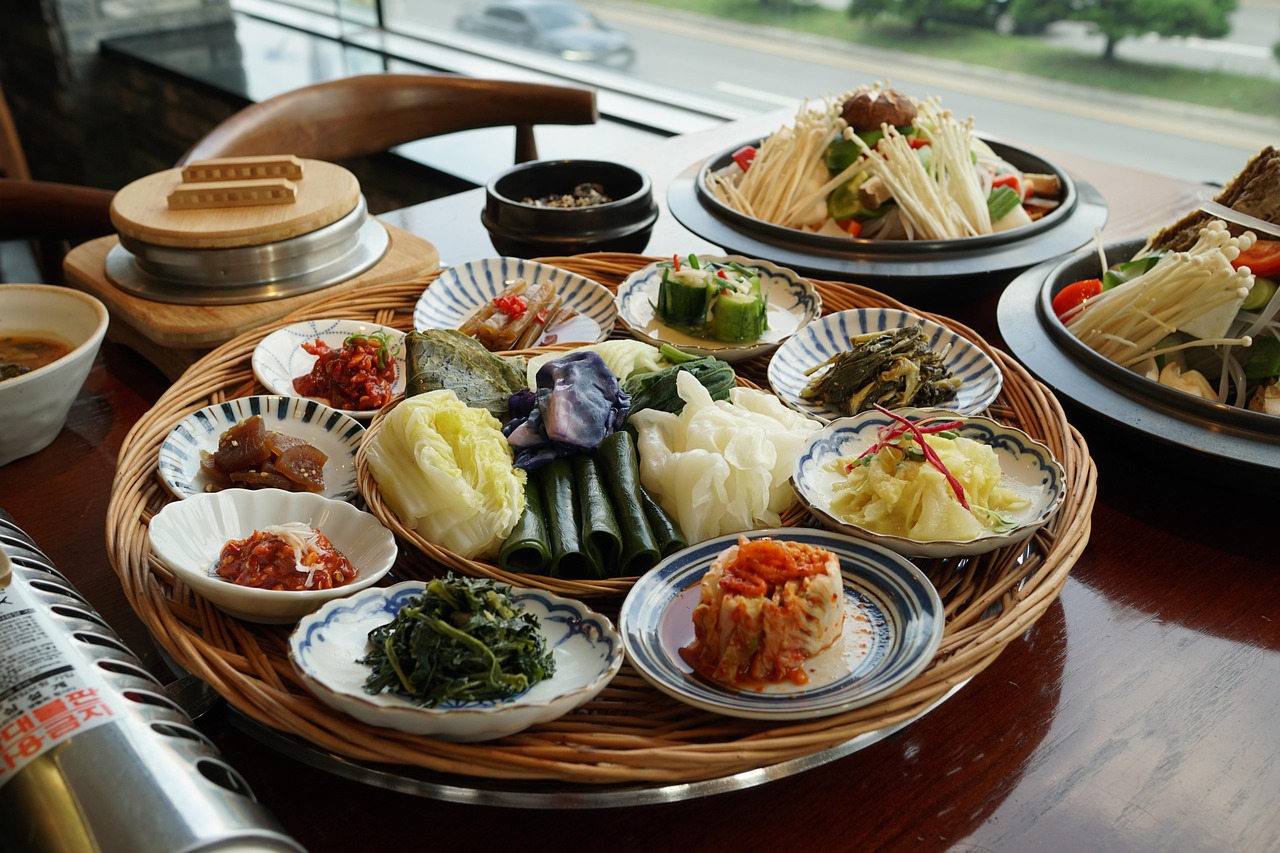Culinary Time Travel: Exploring Ancient Cuisines in Modern Destinations
Embark on a gastronomic journey through time as we delve into the world of ancient cuisines reimagined in contemporary settings. This culinary adventure takes travelers beyond typical food tourism, offering a unique blend of history, culture, and innovative gastronomy. From recreated Roman feasts to Mayan-inspired tasting menus, discover how modern chefs and destinations are bringing the flavors of the past to life, creating immersive experiences that transport diners across millennia.

The roots of this trend can be traced back to the mid-20th century when food historians began serious academic study of historical cuisines. However, it’s only in the past decade that this scholarly pursuit has transformed into a tangible travel experience, with restaurants and destinations around the world offering immersive ancient dining adventures.
Reimagining Roman Feasts in Modern Italy
Italy, with its rich Roman heritage, has become a hotspot for historical gastronomy experiences. In Rome, several restaurants now offer modern interpretations of ancient Roman cuisine, based on recipes from historical texts like Apicius, a collection of Roman cookery recipes compiled in the late 4th or early 5th century AD.
These culinary experiences go beyond just serving food; they often include theatrical elements, with staff dressed in period costumes and dining rooms decorated to resemble ancient Roman triclinia (dining rooms). Dishes might include delicacies like garum (a fermented fish sauce), moretum (a herb cheese spread), and libum (a type of cheesecake offered to the gods), all prepared using historically accurate techniques but presented with a modern twist.
Some innovative chefs are even experimenting with molecular gastronomy techniques to recreate ancient flavors in surprising new forms, offering a unique fusion of ancient and cutting-edge culinary practices.
Mayan Mysteries: Unearthing Ancient Flavors in the Yucatán
The Yucatán Peninsula in Mexico has become another hub for culinary time travel, with a focus on ancient Mayan cuisine. Here, travelers can experience tasting menus that showcase ingredients and cooking methods used by the Maya over a thousand years ago.
Local chefs work closely with archaeologists and anthropologists to study ancient Mayan cooking techniques, such as pib (underground pit cooking) and the use of traditional ingredients like chaya (tree spinach), achiote (annatto seed), and ramón nuts. These elements are then incorporated into sophisticated dishes that honor Mayan culinary traditions while appealing to modern palates.
Some resorts in the region have even started offering hands-on workshops where guests can learn to prepare ancient Mayan dishes using traditional tools and techniques, providing a deeper understanding of this ancient civilization through its food.
Ancient Greek Symposia: A Feast for Body and Mind
In Greece, the concept of the ancient symposium - a gathering for drinking and intellectual discussion - is being revived with a culinary twist. These modern symposia combine elements of a traditional Greek feast with philosophical discussions, much like their ancient counterparts.
Participants are treated to a multi-course meal featuring dishes inspired by ancient Greek cuisine, such as kykeon (a barley drink), maza (a barley flatbread), and various mezes. The meal is interspersed with guided discussions on topics ranging from ancient philosophy to contemporary issues, creating a truly immersive experience that nourishes both body and mind.
These events often take place in historically significant locations, such as restored ancient villas or outdoor settings with views of classical ruins, further enhancing the sense of stepping back in time.
The Viking Experience: Feasting Like Norse Gods
Scandinavia has also jumped on the historical gastronomy bandwagon, offering travelers the chance to dine like Vikings. These experiences range from rustic outdoor feasts to more refined interpretations of Norse cuisine in upscale restaurants.
In Denmark and Norway, some coastal towns have started offering Viking-inspired boat tours that combine sailing in replica longships with feasts featuring traditional Nordic ingredients like herring, berries, and game meats. Participants learn about Viking food preservation techniques, such as smoking and fermentation, and even try their hand at ancient cooking methods.
In Stockholm, innovative chefs are reimagining Viking cuisine for the 21st century, creating tasting menus that blend ancient ingredients and techniques with modern Nordic culinary philosophy. These dining experiences often include storytelling elements, with each course accompanied by tales from Norse mythology or Viking history.
Savoring the Past: Tips for Culinary Time Travelers
• Research destinations known for their historical gastronomy offerings before planning your trip
• Look for experiences that combine dining with educational elements for a more immersive journey
• Be open to trying unfamiliar ingredients and flavor combinations – ancient palates often differed from modern ones
• Consider booking guided food tours that focus on historical cuisines for expert insights
• Check if local museums or cultural institutions offer special dining events or workshops related to ancient cuisines
• Remember that while these experiences aim for historical accuracy, they often include modern adaptations for safety and palatability
• Pair your culinary time travel with visits to relevant historical sites to enhance your understanding of the culture and time period
As travelers increasingly seek unique and meaningful experiences, culinary time travel offers a captivating way to connect with the past through all five senses. By literally tasting history, we gain a more visceral understanding of ancient cultures and their daily lives. Whether you’re feasting like a Roman emperor, savoring Mayan delicacies, or drinking mead with Vikings, these immersive culinary experiences promise to add a flavorful new dimension to your travels, turning every meal into an adventure through time.





